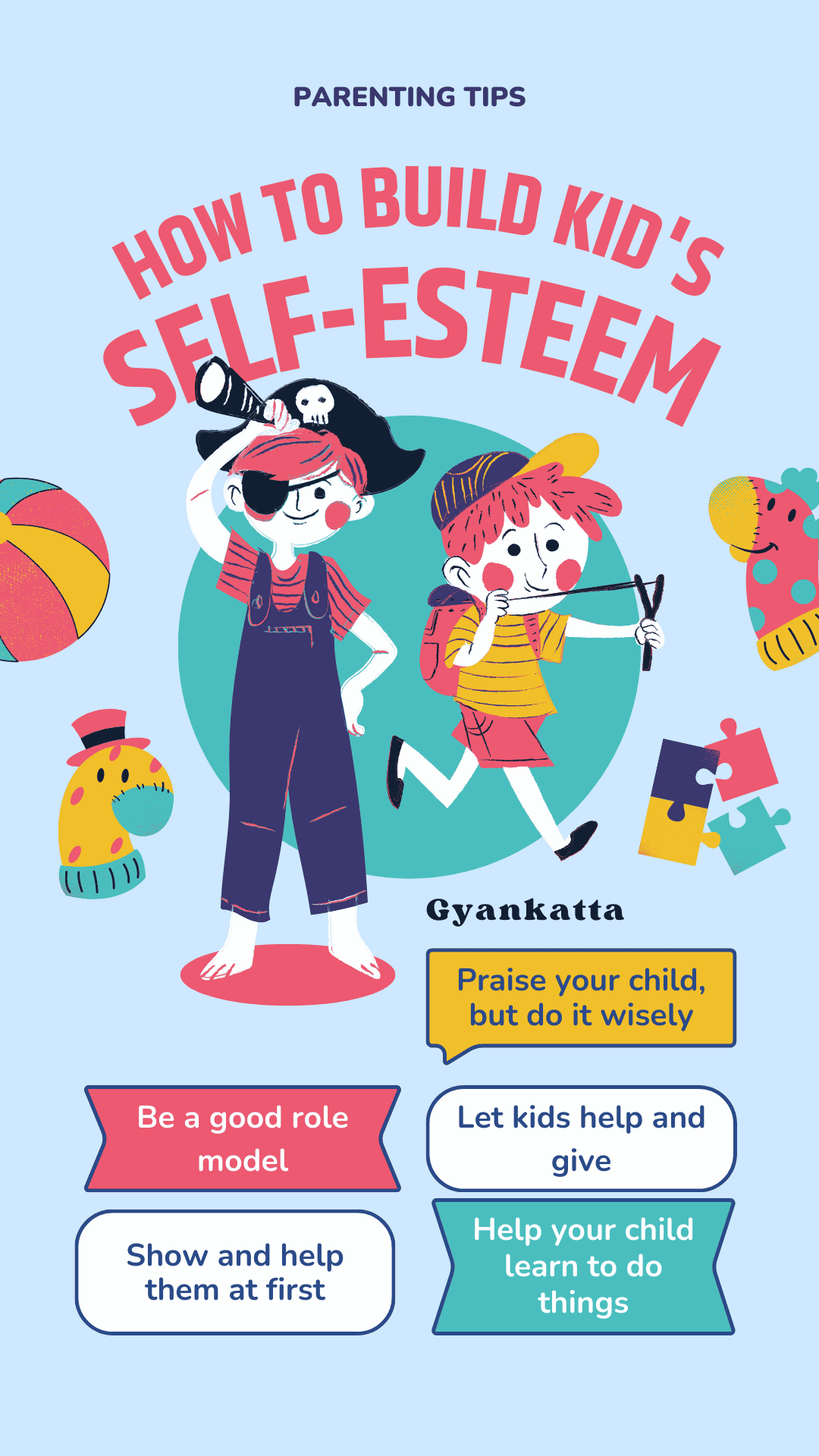Being a good role model for your child
Being a good role model is one of the most powerful tools in your parenting arsenal. Children learn by observing, and they are constantly watching and absorbing your actions, words, and attitudes. Here are some parenting tips on how to be a good role model:
1. Demonstrate the Behaviors You Want to See:
- Respect and Kindness: Treat your partner, family members, friends, and even strangers with respect and kindness. Show empathy and understanding.
- Honesty and Integrity: Be truthful in your dealings. If you make a mistake, admit it and take responsibility.
- Responsibility: Follow through on your commitments. Show up on time, pay your bills, and take care of your responsibilities.
- Hard Work and Perseverance: Let your children see you working diligently towards your goals, even when things get challenging. Show them the value of effort and not giving up easily.
- Healthy Habits: Model healthy eating, exercise, and self-care. They are more likely to adopt these habits if they see you prioritizing them.
- Emotional Regulation: Show them how to manage emotions in a healthy way. Express your feelings appropriately and demonstrate coping mechanisms for stress, anger, and sadness.
- Problem-Solving: Involve them (age-appropriately) in how you approach and solve problems. Talk through your thought process.
- Patience: Demonstrate patience in everyday situations, even when things are frustrating.
2. Communicate Effectively and Respectfully:
- Listen Actively: When your children (or anyone) are talking, give them your full attention. Make eye contact, nod, and ask clarifying questions.
- Use Respectful Language: Avoid yelling, name-calling, or using sarcasm. Model calm and respectful communication, even during disagreements.
- Express Your Feelings Constructively: Show them how to express emotions in a healthy way using “I” statements (e.g., “I feel frustrated when…”).
- Engage in Meaningful Conversations: Talk to your children about their day, their interests, and their feelings. Show genuine interest in what they have to say.

3. Show Empathy and Compassion:
- Validate Their Feelings: Acknowledge and validate their emotions, even if you don’t agree with their behavior. Say things like, “I understand you’re feeling sad.”
- Help Others: Involve your children in acts of kindness and helping others, whether it’s volunteering, donating, or simply offering assistance to someone in need.
- Show Understanding: Try to see things from their perspective. This helps them develop empathy for others.
4. Embrace Learning and Growth:
- Be a Lifelong Learner: Show your children that learning is a continuous process. Read books, take courses, and express curiosity about the world.
- Be Open to New Ideas: Demonstrate a willingness to consider different perspectives and learn from others, even your children.
- Acknowledge Your Mistakes: It’s important for your children to see that everyone makes mistakes. Apologize when you’re wrong and show them how to learn from those experiences.
5. Manage Your Own Stress and Well-being:
- Prioritize Self-Care: Taking care of your own physical and mental health is crucial. When you are healthy and happy, you are better equipped to be a good role model.
- Seek Support When Needed: Don’t be afraid to ask for help when you’re struggling. This shows your children that it’s okay to not have all the answers and to seek support.
6. Be Mindful of Your Actions and Words:
- Be Consistent: Try to be consistent in your words and actions. This helps your children understand what is expected of them.
- Be Aware of Your Nonverbal Communication: Your body language, tone of voice, and facial expressions also send messages.
- Limit Negative Self-Talk: Be mindful of how you talk about yourself. Avoid overly critical or negative self-talk, as your children may internalize these messages.
7. Set Realistic Expectations and Allow for Mistakes:
- Don’t Strive for Perfection: You don’t have to be a perfect parent to be a good role model. In fact, showing your imperfections and how you handle them can be valuable lessons.
- Allow Your Children to Make Mistakes: Mistakes are part of learning. Help them understand that it’s okay to fail as long as they learn from it.
8. Spend Quality Time Together:
- Be Present: When you are with your children, be fully present. Put away distractions and engage with them.
- Engage in Shared Activities: Do things together that you both enjoy. This creates opportunities for connection and modeling positive interactions.
Key Takeaway:
Being a good role model isn’t about being perfect; it’s about being authentic and demonstrating the values and behaviors you want your children to adopt. It’s a continuous process of self-reflection and striving to be the best version of yourself. Your efforts will have a lasting positive impact on your children’s development.

